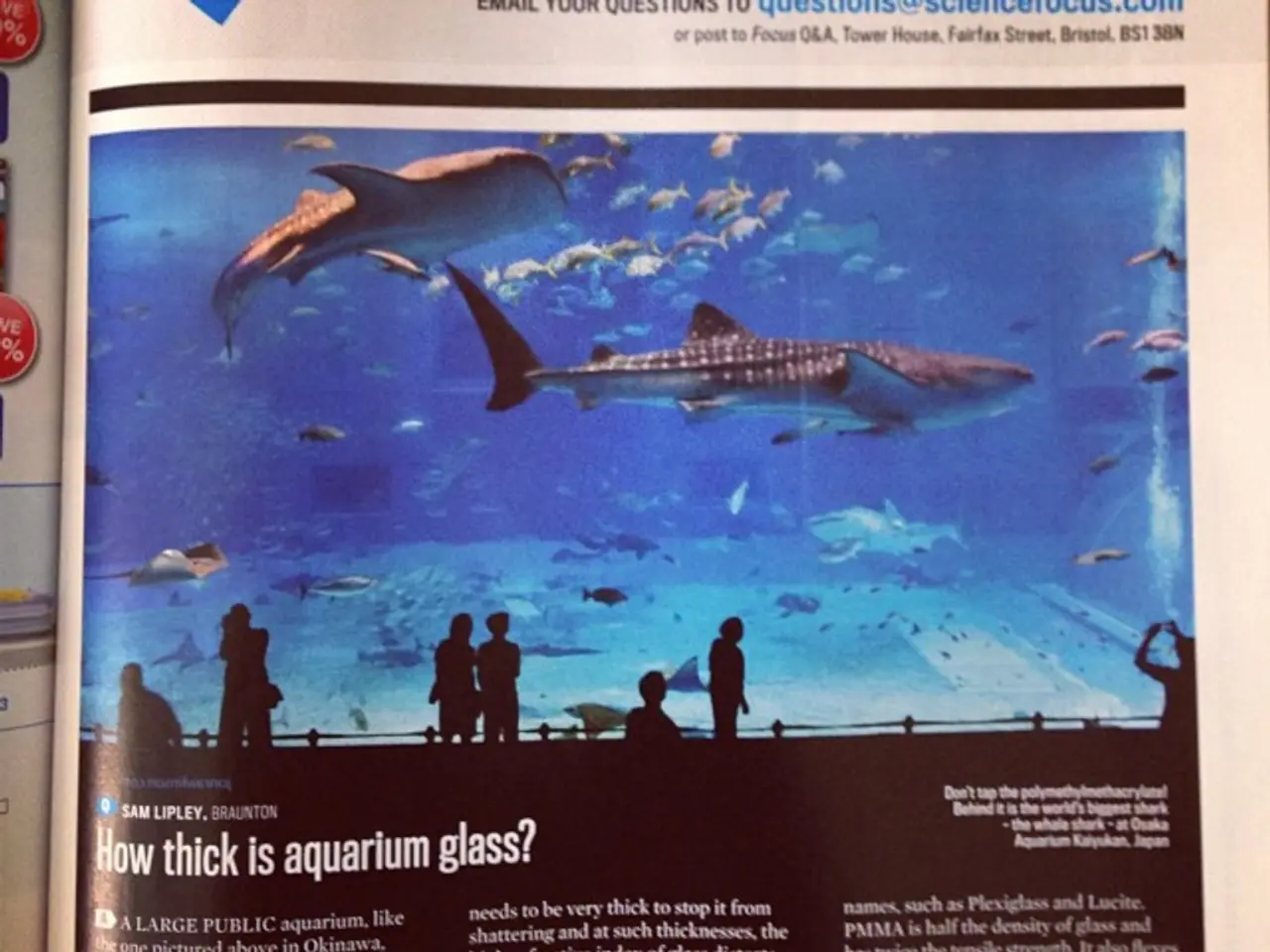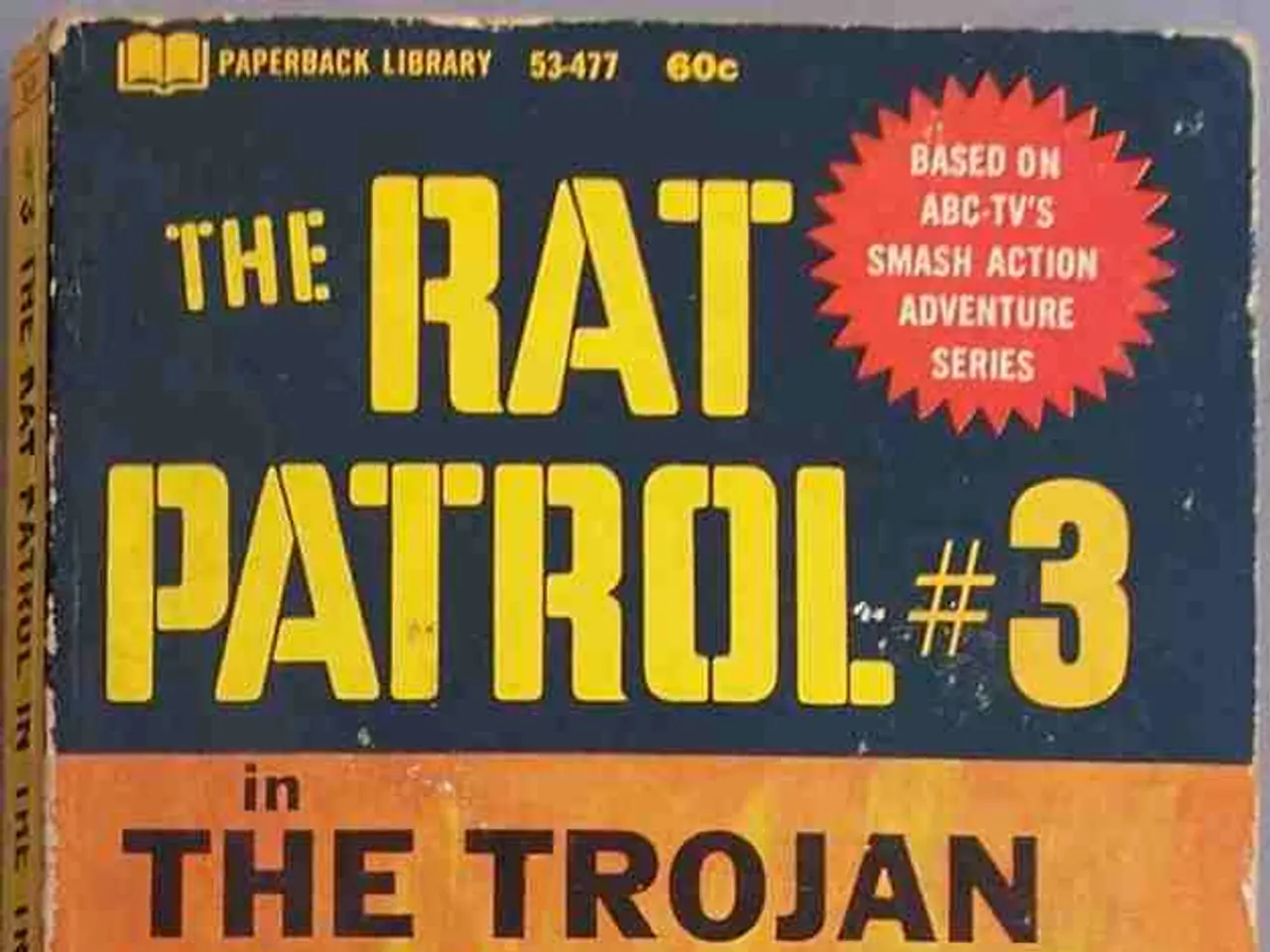Preparations Underway: Turkey Enters a Wide-Spectrum Military Conflict
In June 2025, a 12-day conflict between Israel and Iran took place, marking a significant turning point for regional politics. The aftermath of this conflict has inspired Turkey to reassess its national defense strategy, as highlighted in a strategic study titled "The 12-Day War and Lessons for Turkey," released by the Turkish National Intelligence Academy.
The study underscores Israel's multi-domain superiority, showcasing surprise airstrikes with advanced fighter jets and drones, integrated electronic and cyber warfare, and precision targeting of command systems. This conflict served as a live trial of modern combined warfare, involving cyberattacks, psychological operations, air dominance, and electronic warfare.
In response, Turkey recognizes the need to enhance capabilities in all these domains to respond to evolving threats. This includes the accelerated development of its own KAAN fifth-generation fighter jets, hypersonic weapons, armed drones, loitering munitions, and standoff missiles. Emphasis is placed on stealth technology and electronic warfare to operate effectively in highly contested environments.
Resilient command and communications are another critical area of focus. The Israeli strikes on Iranian command-and-control systems demonstrated their vulnerability, severely impairing Iran’s response. Turkey aims to harden critical communication infrastructure, build redundancy, and plan for simultaneous multi-directional threats to maintain command resilience even under heavy bombardment and cyber assault.
Infrastructure protection is also a key takeaway from the conflict. The effectiveness of well-fortified underground facilities and the difficulty of their destruction teach Turkey to enhance protection of its critical infrastructure accordingly.
Strategic and logistical autonomy is another lesson learned. Israel's rapid resupply and operational mobility contrasted with Iran’s isolation. Despite NATO membership, Turkey acknowledges that it cannot always count on immediate external support, especially in conflicts involving Israel. This drives a Turkish commitment to enhance logistical capabilities and defense self-reliance to operate independently if needed.
The study also stresses the importance of maintaining internal security and societal cohesion during wartime, as demonstrated by Iran's ability to last longer than expected in the conflict despite economic penalties.
In conclusion, the Israel-Iran 2025 conflict acted as a catalyst for Turkey to revise its national defense and multi-domain plans, focusing on cutting-edge technology, resilient and redundant command systems, infrastructure hardening, and strategic autonomy to prepare for future regional conflicts exhibiting the integrated warfare model showcased in this war.
Ankara is modifying its strategic approach based on these lessons, recommending improvements in cyber skills, acquisition of new fighter jets, enhancement of the civil defense system, and strengthening of strategic relationships, particularly with the United States, Pakistan, and regional countries like Azerbaijan and Qatar.
- The study on "The 12-Day War and Lessons for Turkey" emphasizes the need for Turkey to improve its defense capabilities in various domains due to Israel's multi-domain superiority demonstrated during the recent conflict with Iran.
- As a result of the conflict, Turkey is focusing on enhancing its own fifth-generation fighter jets, developing hypersonic weapons, armed drones, loitering munitions, and standoff missiles, with an emphasis on stealth technology and electronic warfare.
- Critical areas of focus for Turkey include resilient command and communication systems, as demonstrated by the vulnerability of Iran’s command-and-control systems during the conflict, and infrastructure protection, with lessons learned from the effectiveness of well-fortified underground facilities.
- Turkey aims to achieve strategic and logistical autonomy, recognizing that it cannot always count on immediate external support in conflicts with nations like Israel, and will enhance its logistical capabilities and defense self-reliance to operate independently if needed.








